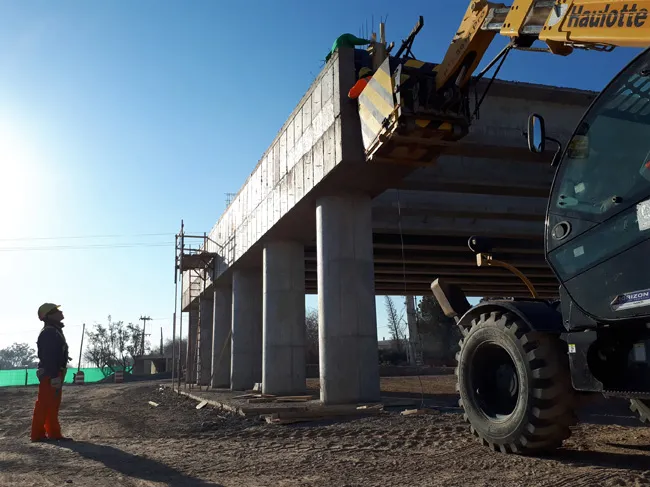Global Trafic Technologies (GTT) has been contracted by the US city of West Bend in Wisconsin state to upgrade its traffic pre-emption solution to Opticom.
Optimcom works alongside intersection controllers to help emergency vehicles navigate intersections rapidly but safely.
When an emergency vehicle needs to navigate an intersection, the Opticom Emergency Vehicle Pre-emption system on board the emergency vehicle sends a request to the intersection’s controller ahead of its arrival.
The request turns the light green when possible, clearing a path to enable the vehicle’s safe passage. In West Bend, the EVP system is being used by both fire and police vehicles. It has been deployed to two of the city’s busiest intersections and 49 vehicles.
“Opticom is helping to improve operational safety, reduce travel time to emergencies and increase the safety of both the public and emergency personnel,” said GTT president Doug Roberts.
Last autumn GTT announced that it won a contract with the City of Cape Canaveral, Florida, home of the Kennedy Space Center, for implementation of Opticom. Also in Florida late last year, GTT won a deal to expand its in situ Opticom system in Jacksonville. Another recent win was in Kingman, Arizona.
GTT, based in the US state of Minnesota, was formed in 2007 from 3M’s Intelligent Transportation Systems business. It manufactures Opticom priority control systems and Canoga trafic-sensing systems, which together the company says cover more than 70,000 intersections and 70,000 vehicles in over 3,100 municipalities worldwide, including 41 of the 50 largest US cities.
GTT wins in West Bend with Opticom traffic pre-emption solution
Global Trafic Technologies (GTT) has been contracted by the US city of West Bend in Wisconsin state to upgrade its traffic pre-emption solution to Opticom.
Optimcom works alongside intersection controllers to help emergency vehicles navigate intersections rapidly but safely.
When an emergency vehicle needs to navigate an intersection, the Opticom Emergency Vehicle Pre-emption system on board the emergency vehicle sends a request to the intersection’s controller ahead of its arrival.
The request tur
April 7, 2017
Read time: 2 mins








